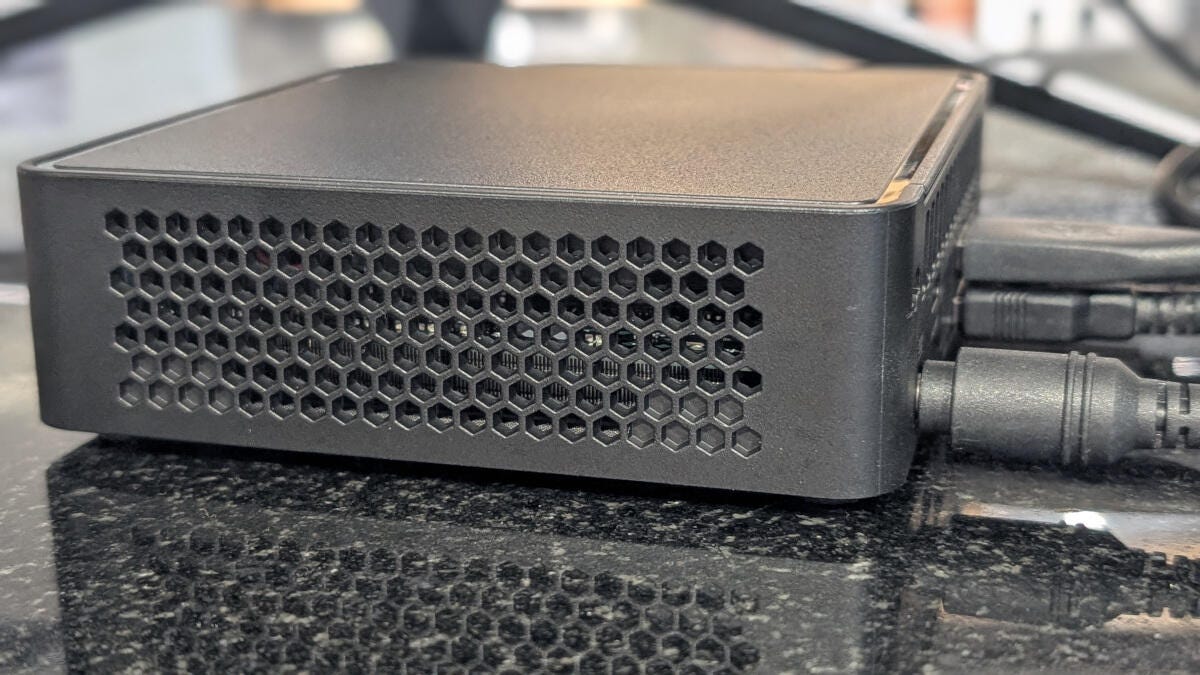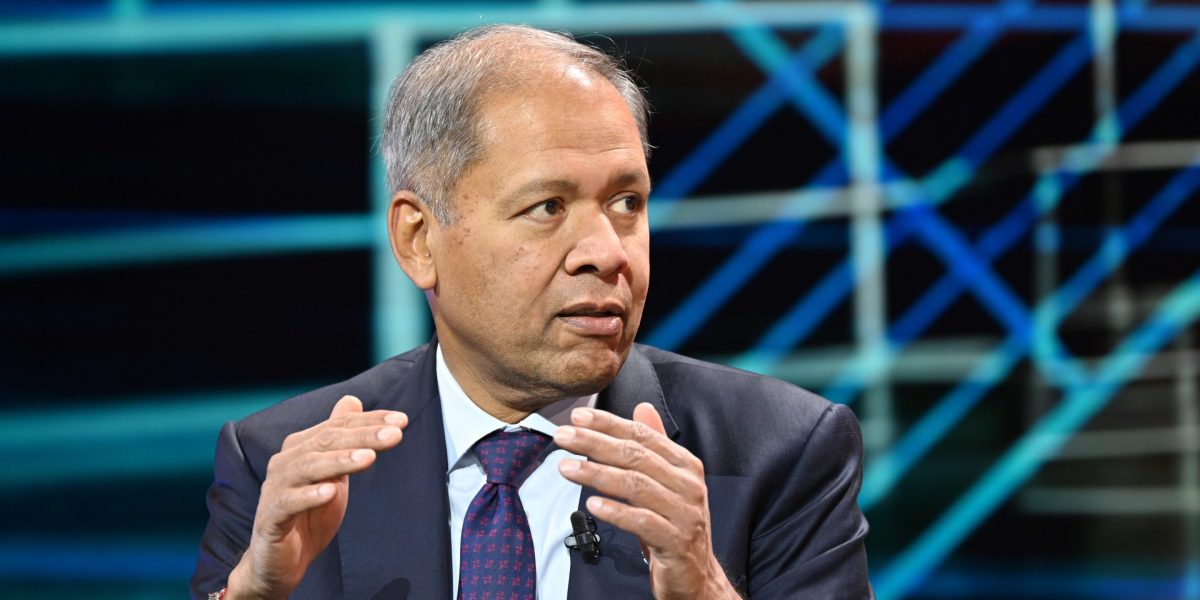ZDNET’s key takeaways
- This powerful PC is available now, starting at $1230
- The NX Gen3 PC was able to run the gpt-oss:20b LLM without a hiccup
- This Kubuntu-powered PC is most likely more powerful than your current PC.
Follow ZDNET: Add us…

Follow ZDNET: Add us…

Legacy gaming IP Neopets is attempting what few brands can achieve: reviving a forgotten internet icon by turning nostalgia into a strategic growth lever.
At the Digital Marketing Asia event in Hong Kong, Neopets CEO Dominic Law laid out…

When Knucks was 12, his parents made a monumental decision. The fledgling rapper had been getting into trouble at his school in London so, in a bid to rectify this, they packed him off to boarding school in Enugu in Nigeria. “Some people out…
This request seems a bit unusual, so we need to confirm that you’re human. Please press and hold the button until it turns completely green. Thank you for your cooperation!

The Boss is very much back.
Just days after walking the red carpet (and delivering a typical powerhouse performance) for Disney’s biopic Springsteen: Deliver Me from Nowhere, Bruce Springsteen made another surprise appearance, this…

Barclays Plc is returning to Saudi Arabia after an 11-year absence, marking both a strategic expansion for the British lender and a symbolic validation of Riyadh’s growing status as the Middle East’s corporate command hub. The move, first reported by Bloomberg, comes as the kingdom accelerates efforts under the country’s Vision 2030 plan to diversify its oil-driven economy and attract multinational headquarters into its capital.
The bank, which exited Saudi Arabia in 2014, is now securing a new investment banking license and plans to open offices in Riyadh by early 2026, CEO C.S. Venkatakrishnan said in an interview with Bloomberg TV, where he was attending the Fortune Global Forum and the kingdom’s flagship annual Future Investment Initiative summit. Confirming the bank’s re-entry into Saudi Arabia and that the kingdom “will be recognizing” the new regional headquarters in just a couple of days, the kingdom’s Investment Minister Khalid Al-Falih said, “People have seen that the kingdom is a long-term partner. We’re not transactional.”
Venkatakrishnan told Fortune Editor-in-Chief Alyson Shontell that working with trusted partners is important “because you’re making fairly large commitments financially and otherwise, and you need to work with partners whom you can trust and who are there for the long term and who will help you through the teething troubles.”
Barclays joins a growing list of financial giants like Citigroup, Goldman Sachs, and HSBC setting up deeper roots in the Gulf’s largest economy; by contrast JP Morgan is celebrating 90 years of doing business in the region. The move underscores Saudi Arabia’s ambition to transform itself from being a petroleum superpower into a diversified global business and financial hub, and increasingly a strategic nexus from which major businesses can access three different continents with ease.
Saudi Arabia’s nine-year-old economic transformation plan, known as Vision 2030, is 85% complete, Minister Al-Falih said in opening remarks at the Fortune Global Forum. The strategy has already attracted over 675 regional headquarters—well past its original target of 500 by 2030—through generous incentives such as 30-year tax exemptions, tax relief, and streamlined regulatory frameworks.
The government’s Regional Headquarters Program, launched in 2021 by the Royal Commission for Riyadh City, aims to make the capital the de facto economic center of the Middle East. Multinational players such as PwC, Deloitte, Lenovo, and Siemens Energy have already relocated leadership operations from Dubai and other hubs to Riyadh. Unlike special economic zone offices elsewhere, RHQs in Riyadh are designed to serve as genuine operational bases—not symbolic branches—managing corporate strategy and human capital across the entire Middle East and Africa. Also, Riyadh’s trillion-dollar transformation—anchored by NEOM, the Public Investment Fund (PIF), and megaprojects across tourism, AI, and green energy—represents a lucrative opportunity for capital providers.
At a breakout session at the Fortune Global Forum, executives hailed the program as transformative for localization, manufacturing, and innovation. Executives at Lenovo, for example, detailed construction of the region’s largest ICT manufacturing plant in the Saudi desert, while leaders at Siemens Energy spoke of expanding exports across the Middle East through its Riyadh-based regional center.
In conversation with Diane Brady, Executive Editorial Director, Fortune Live Media, executives from Massimo, Siemens, and Lucid Motors highlighted that their RHQs have allowed them to do things like scale production, export vehicles to Europe, and build AI-driven health and transport systems from within the kingdom.

HARRISONVILLE, Mo., Oct. 27, 2025 (GLOBE NEWSWIRE) — How can pelvic floor muscles affect everyday comfort, posture, and overall wellness? That question is explored in a HelloNation article featuring Chiropractic Expert Dr. Martha Schroeder…